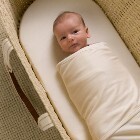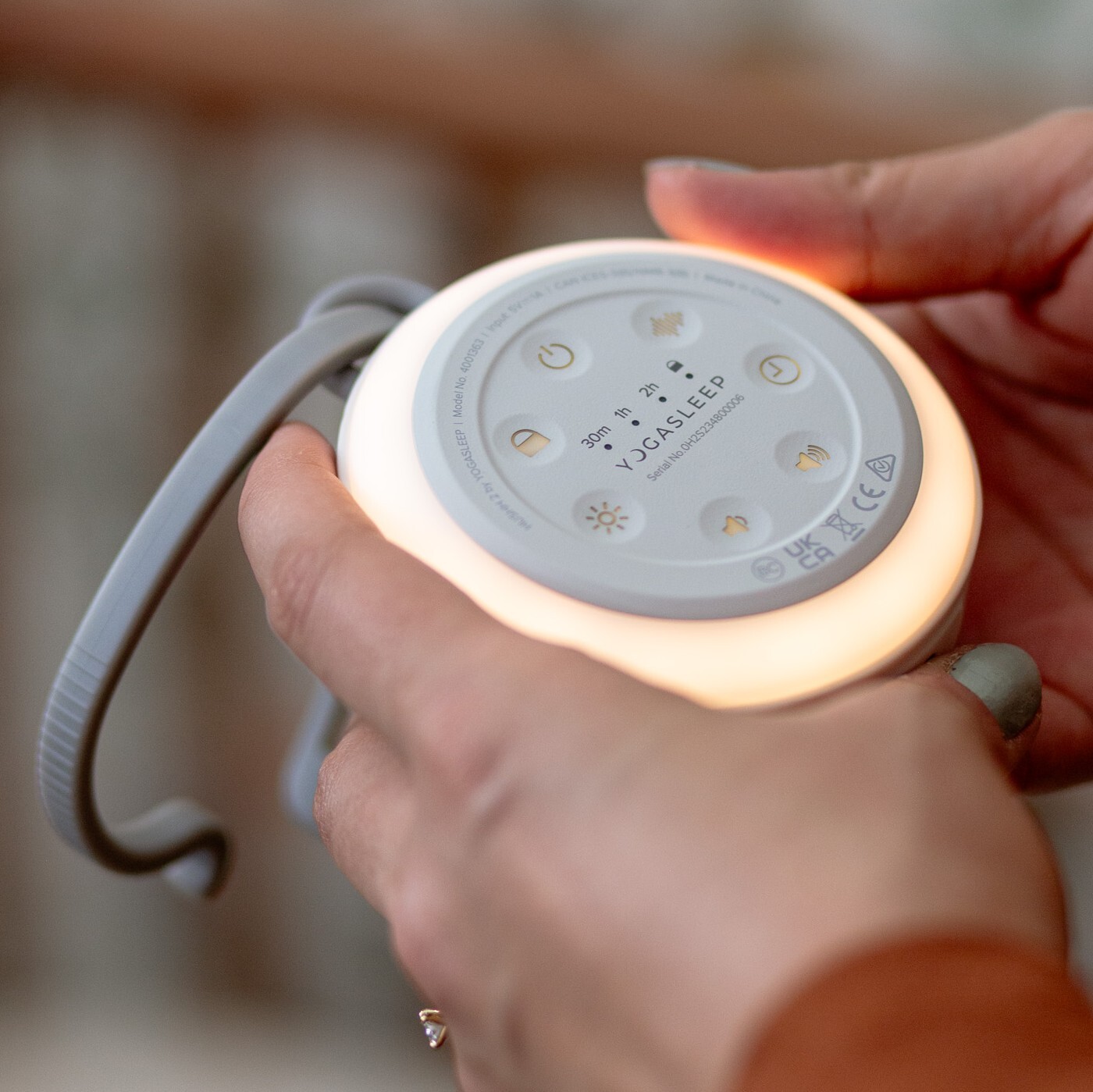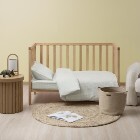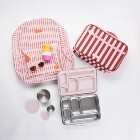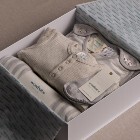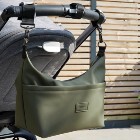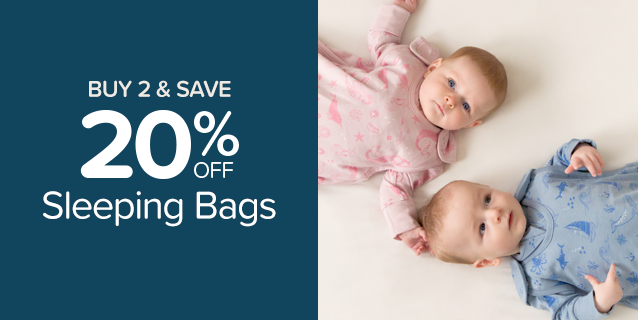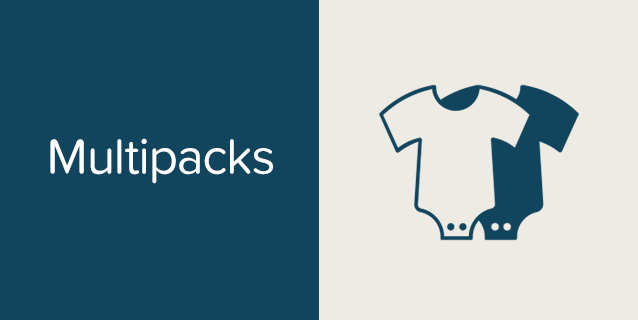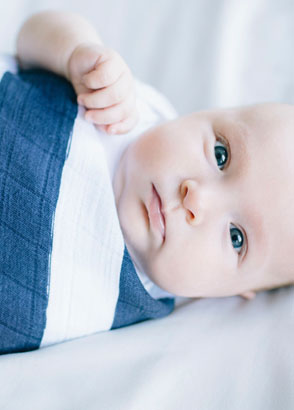As your baby moves beyond being a newborn, it’s a great time to look at some behaviours that can help grow great sleep habits for the future.
These behaviours can help your baby have longer day naps and sleep for longer stretches during the night as they get older. These techniques can help avoid the need for 'sleep training' in the future, as your baby will have gently and gradually learned to self settle over time.
These techniques will gently encourage the skills necessary for your baby to consolidate their night sleep into longer, more restful stretches.

